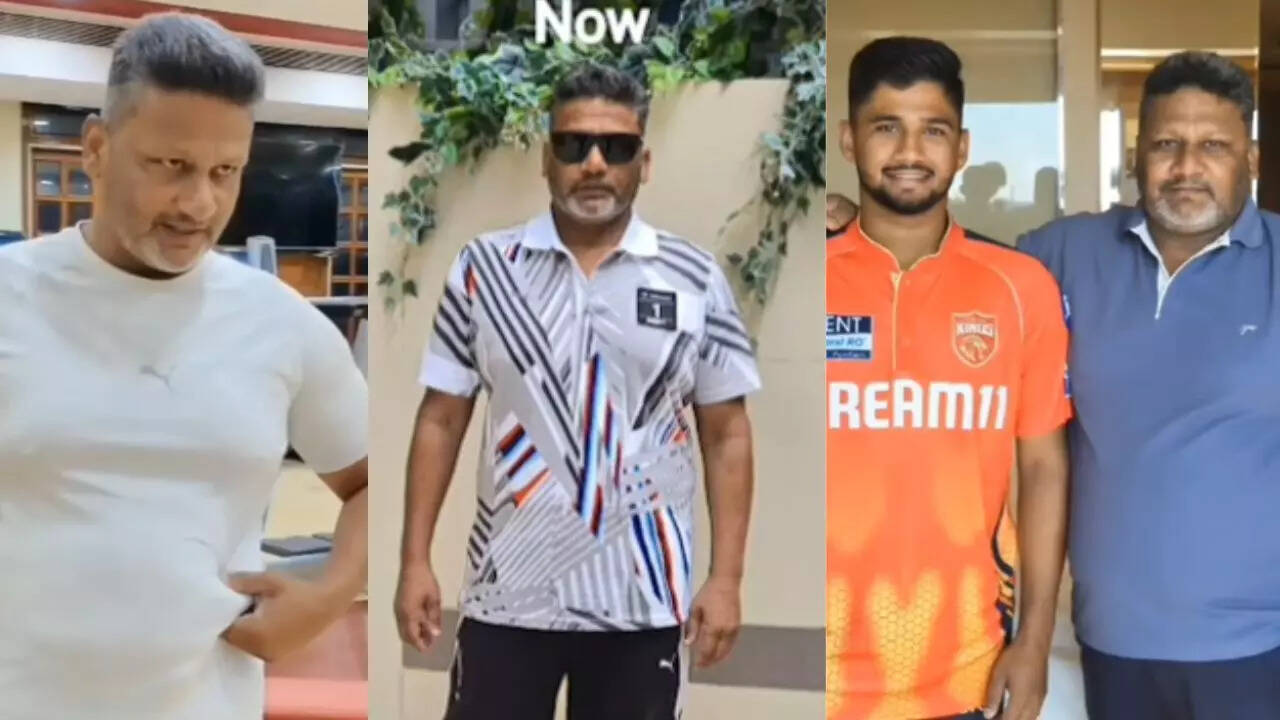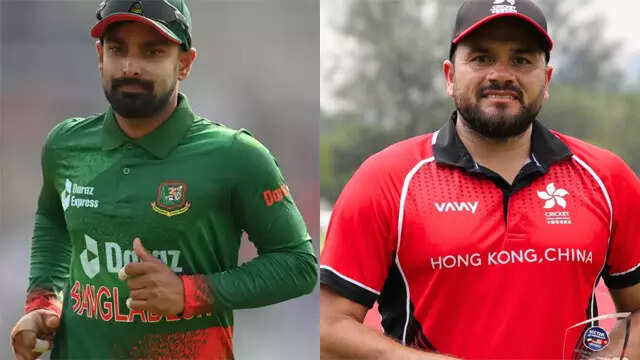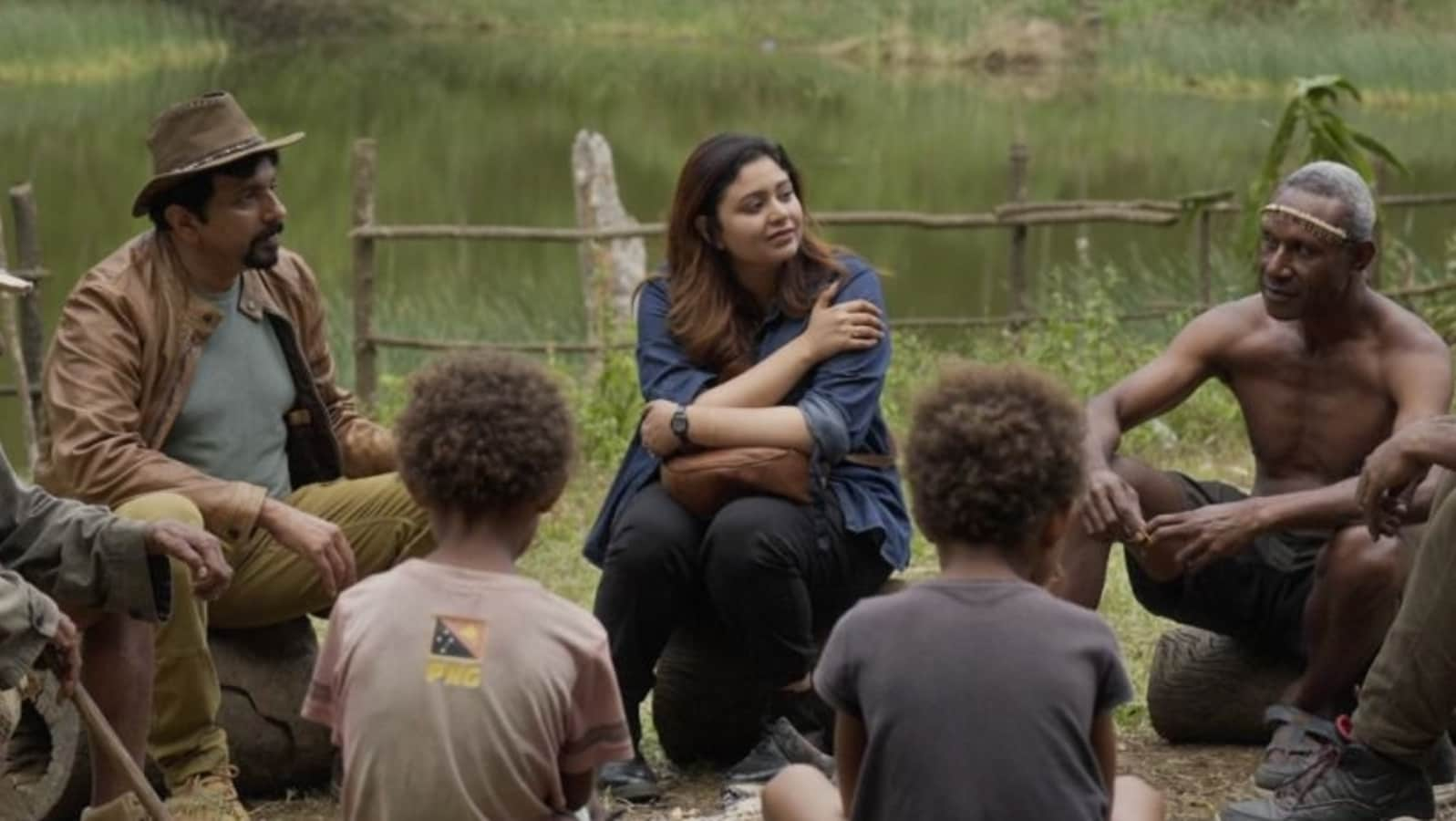Actor Ritabhari Chakraborty headlines Dr. Biju’s Papa Buka, a landmark India–Papua New Guinea co-production that has just been selected as Papua New Guinea’s inaugural submission to the Academy Awards in the International Feature Film category. This marks the Pacific nation’s first-ever Oscar entry.

In this exclusive interaction with Hindustan Times, the acclaimed actor opened up about her experience working on the film, the conscious decisions she has taken to break away from stereotypes, and more. (Excerpts)
Papa Buka unfolds against the backdrop of World War II, when native Papua New Guineans assisted Australian and Allied soldiers against the Japanese, while many Indian soldiers, serving under the British Army, fought valiantly, yet remain largely unrecognised. The film, set in 2014, chronicles the journey of two historians, Romila (Ritabhari) and Anand (Prakash Bare), who set out to Papua New Guinea to uncover the forgotten stories of these Indian soldiers.
Reacting to the submission to the Oscars, Ritabhari says, “It feels incredible. I have taken some time to process it after I got to know it. Ever since I was part of the project, I have known that it is a very special one. It is not one of those mainstream films… a project like Papa Buka, the kind of films that Dr Biju makes, are made for the sake of creation, for the sake of art. I am very grateful to be a part of a film like this.”
‘I jumped onto it immediately when I heard the story’
The actor talks about how she got associated with this project. “In 2015, I had a film in Indian Panorama at IFFI, called Onyo Apalaa. That time I met Dr Biju, whose film Birds with Large Wings was also screening there, which I really loved and enjoyed,” she says. “I told him that I wanted to work with him, and a couple of years later he reached out for a film called Painting Life (2018), which I was a part of as well. It was an ensemble film, and I loved being a part of it. Fast forward a few years, and he reached out to me with Papa Buka. He did say that it will take a much longer time to shoot.” The film took one month to shoot, along with the travel.

She adds that even when Dr Biju was talking about the hardship related to the project, she had no doubts in her mind that she would do the film. Ritabhari says, “I remember his passion and the fact that he is offering me a film where I am the lead and the story is narrated from my eyes, from my perspective. So no hardship under the sun would make me feel like I did not want to do this. I jumped onto it immediately when I heard the story. It was a role of a lifetime for me. I have been selective about the roles I do, but with Romila I knew that with Dr. Biju, I knew from the very first moment. I knew I would do this for sure. It was so real, to how I looked and talked. There was no pretence involved on screen.”
‘I have become very conscious now’
Ritabhari goes on to talk about the type of projects that excite her the most as an actor. “I see the stark difference now, ” she says. “For instance, a film like Papa Buka or a project like Parineeta. There are films that are made with the sole intention of reaching the audience, which I have no issues with. I love them, enjoy doing them… and on the other hand, I have also been able to plunge into meaningful, content-driven films with a message, like Brahma Janen Gopon Kommoti. It drives meaningful conversations through a mass film, which spoke about the taboo about periods, and that women were not allowed to be priests. Then there was Bohurupi, an intense, dramatic thriller, where my character has bipolar disorder.”
She goes on to add, “What I mean to say is over the years people have put me on their head with an image saying how stunning I am, how amazingly hot I am, and I appreciate it and I am grateful. But if I only hold on to that, it does not last. It is the craft that lasts. I know I have an expiry date after a certain point, where people will not accept me the same way. I became very conscious about it a few years back and have taken conscious decisions to do varied roles. Even when I did Pari [starring Anushka Sharma], most reviews noted how pretty I am, and I was like, was I not good enough on screen as an actor to not get a mention of my performance? I have noted these things, and I wanted to make a change. I started producing things, and I went ahead with short films. I did what was possible in my power, and I did those collaborations within my reach, which did work. I started getting good offers, which started with Brahma Janen Gopon Kommoti.”
‘I am an actor and I will not be categorised’
“I really aim to find that balance, consciously. This industry stereotypes you like anything. Either you are a sex symbol or as a beauty queen or a female feminist protagonist. But I am an actor and I will not be categorised,” she adds.
Papa Buka talks about the side of history that we rarely know or speak about. Ritabhari says that working on the film has given her new insight into how we look at history and its people. “I did not have much information initially. Then I got through the film, and it broke my heart in so many ways. I physically saw the remains of the war in the museum, the graveyard… I saw the age of the boys who went to war. They were not even men; they were boys who fought this fight for some really grown-up, violent men. It made me think how this was justified in any sense of karma that I believe in?” she says.
The actor goes on to add, “It is extremely disturbing how people, over the years, have been used as tools. Their livelihoods have been destroyed for some men in power and their egos. No reason is good enough. Indigenous people really love to live life in their own way; they don’t want to adapt like us and have cellphones and five different things in their lifestyle. It is almost utopian in a sense. It made me think, who said that what we know is everything? We have destroyed half the planet, look at the climate change in the last few decades? We know a lot, but is that doing all good?”
“In their ecosystem, the people are so respectful to all livelihoods, to nature. That really deeply touched me. To never get deluded by the idea that we humans are some superior species. In India, we are a third-world country living first-world lives, so we are very delusional as well. It was a reminder to me not to get deluded by the sho-sha around. When I was in the middle of it, I knew what was true and what was not. It was a humbling, gratifying experience,” she concludes.












